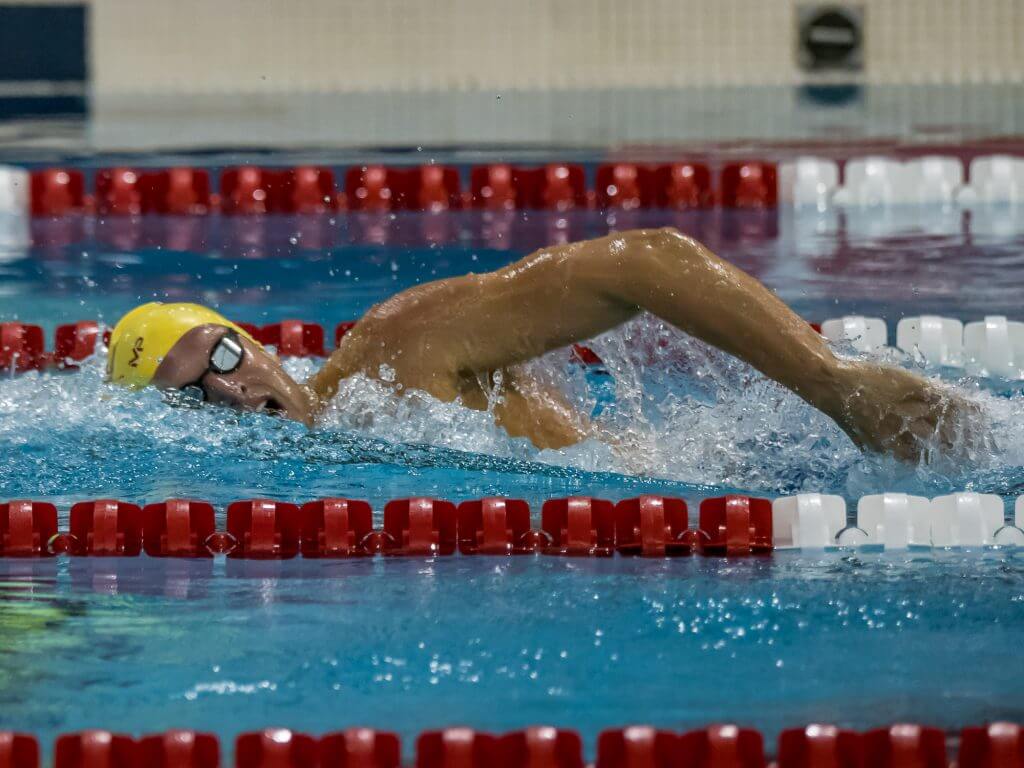Arizona State’s Grant House a Lead Plaintiff in Suit Against NCAA, Power 5 Conferences

Arizona State swimmer Grant House is named as a lead plaintiff in a class action lawsuit against the NCAA filed in northern California.
The suit, filed Monday morning, challenges the NCAA’s rules that prohibit athletes from making endorsement money during their college careers. House and Oregon women’s basketball player Sedona Prince are the lead plaintiffs. The Power 5 Conferences – The Big 10, Big 12, Southeastern, Pac-12 and Atlantic Coast Conferences – are also accused of illegally limiting the compensation their athletes can receive.
House, a 6-6 junior at Arizona State, took an Olympic redshirt season in 2019-20. The Maineville, Ohio, native has represented the United States at the World University Games and is a mid-distance freestyle and individual medley contender at Olympic Trials next year.
“The way the rules are right now, the NCAA puts college athletes who are shooting for the Olympics at a huge disadvantage to other athletes training to compete,” House said in a statement. “Our ability to fund our Olympic training efforts are essentially squashed by the NCAA’s rules on name, image and likeness. While Olympic athletes in general rely heavily on endorsements and other image deals to afford the cost of competing and training, the NCAA shuts us out of that opportunity entirely.”
The suit builds off recent precedent, Alston v. NCAA, decided in March. That case viewed the NCAA as violating antitrust law in preventing colleges from granting “non-cash education-related benefits” to athletes. The current suit is also set against the backdrop of increasing push for athletes to be able to collect money off their name, image and likeness (NIL), with states like California, Colorado and Florida pushing laws that will allow college athletes to receive compensation from those sources without jeopardizing their amateur status.
According to the law firm representing Prince and House, the lawsuit will present new arguments in light of NCAA’s relaxing of NIL restrictions, which was proposed earlier this year and will be up for a vote in January 2021.
“For too long, the NCAA’s bylaws, constitution and rules have governed all aspects of college sports, and we think these outdated and unnecessary regulations are unlawfully keeping college athletes from compensation that is rightfully theirs,” said attorney Steve Berman, of the Hagens Berman law firm.
The rules are felt particularly harshly in a sport like swimming, as House alluded to. Since the largest share of attention in swimming comes from national-level competition outside the collegiate realm, endorsement deals are a big part of the potential profitability, and athletes are leaving money on the table by swimming collegiately or having to face difficult decisions about turning professional.



